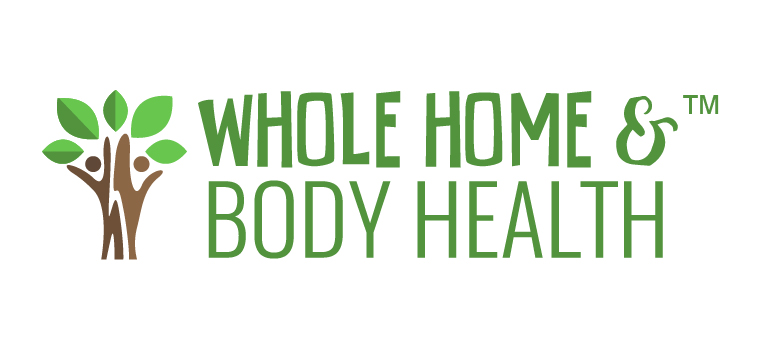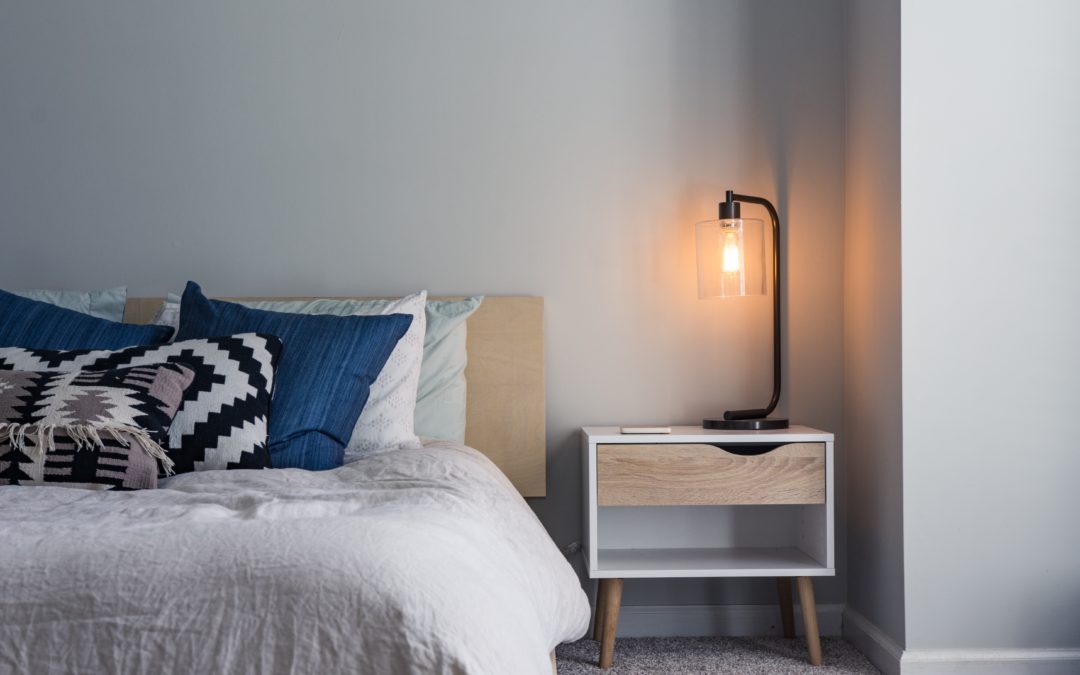Trouble Sleeping? Manage your light exposure to get a good night’s sleep tonight!
Blue light, aka ‘Junk Light’ has similar effects on your circadian rhythm that ‘junk food’ has on your metabolism. When you’re in the sunlight, you are exposed to the full array of colors in the light spectrum. This includes blue, but also includes red, orange, yellow, green, indigo, and violet. This broad spectrum of colors has a vast array of health benefits on the entire body. The ‘junk’ light I am referring to is the artificial light we get from light bulbs, smart phones, TV’s, computer screens, and any ‘man-made’ light source. The problem with this light is that it’s primarily blue and does not include the full spectrum of colors.
This has biological impact; particularly when you are exposed to it at nighttime. If you are taking cues from nature, you would not have blue light exposure on your eyes after the sun goes down. But in this modern world, we turn lights on in our house, look at our phone and tablets and watch TV; blue light enters our cornea, and tells our brain, ‘Its Daytime!’ This keeps us alert and suppresses melatonin release.
The pineal gland begins to release melatonin in response to the setting sun, so when you don’t ever see the setting sun, or it never gets dark at nighttime because you turn lights on, you don’t get adequate melatonin release. Thus, when it’s bedtime and you want to go to sleep, you struggle because your brain and body are wired as if it’s the middle of the day. So, if you experience trouble falling asleep, you need to pay special attention to your blue light exposure in the evening.
There are several ways you can minimize your exposure.
• Don’t turn on lights at night. Instead, take advantage of the ambiance and negative ions of beeswax candles. (Just be sure to use them responsibly and away from children and pets.)
• Don’t turn on the light when you get up to use the restroom. Let your eyes become adjusted to the ambient light and refrain from using artificial light. When you turn on lights at night, this burst of light will signal your brain that it’s morning, and you’ll have a much harder time getting back to sleep. Use a small, orange colored nightlight if you have to.
• Replace light bulbs with incandescent orange light bulbs. CFL’s (compact fluorescent light bulbs) and LED’s give off Electromagnetic Fields and are known to bother eyesight with their constant flicker. Certain orange light bulbs will block the blue light and give off a lovely evening glow.
• Invest in a pair of Blue Light Blocking glasses. These are an excellent choice for those situations when you can’t turn off the lights, or when you find yourself out late at night. I know you don’t want to look ridiculous when you’re out in public, but you might not care when you see how much it can improve your sleep! There are many different options for glasses; I like these from True Dark, because they block blue light, but also green and violet, which have also been shown to impact sleep.
They are much darker than many other pairs I have tried, and they come with an insert to use with a prescription. I have had great success with these, but there are other options available online if you want to shop around.
• Avoid screens at night. Shut down your use of computers, TV’s, phones and tablets at least a few hours before you want to be asleep. Not only will you limit your blue light exposure, but you’ll also have the opportunity for relaxing nighttime activities like meditation, a warm bath, quality time with family, or whatever activities calm you. For those times when you can’t avoid screen time, install free software like Iflux or Iris, which will automatically dim your screen when the sun is setting.
This may be a bit of an adjustment in the beginning, but it’ll become second nature when you experience the profound impact it has on your sleep. This is something all of us can do without a lot of inconvenience. Many people notice a lot less anxiety and tension when they reduce their blue light; the atmosphere magically becomes soothing and calm! I encourage you to experiment until you find the right type of lighting for you.
This is just one of many important habits you can implement to help you sleep better. If you’re serious about improving your sleep and you want to dive even deeper, consider scheduling a health consultation with us. We’ll help you identify all the areas you can improve on and teach you specific, tangible steps you can do today to get a better night’s sleep tonight. You deserve it! Call us today, we always love to hear from you!


Cathy Cooke, BCHN, BBEC Holistic Nutritionist and Building Biologist is the founder of Whole Home and Body Health which provides EMF Assessments, Mold Testing, and Nutrition and Health Consulting located in Boise, Idaho. Cathy is available for consulting via skype and phone, and is also willing to travel as needed for home assessments. Schedule an appointment today!

